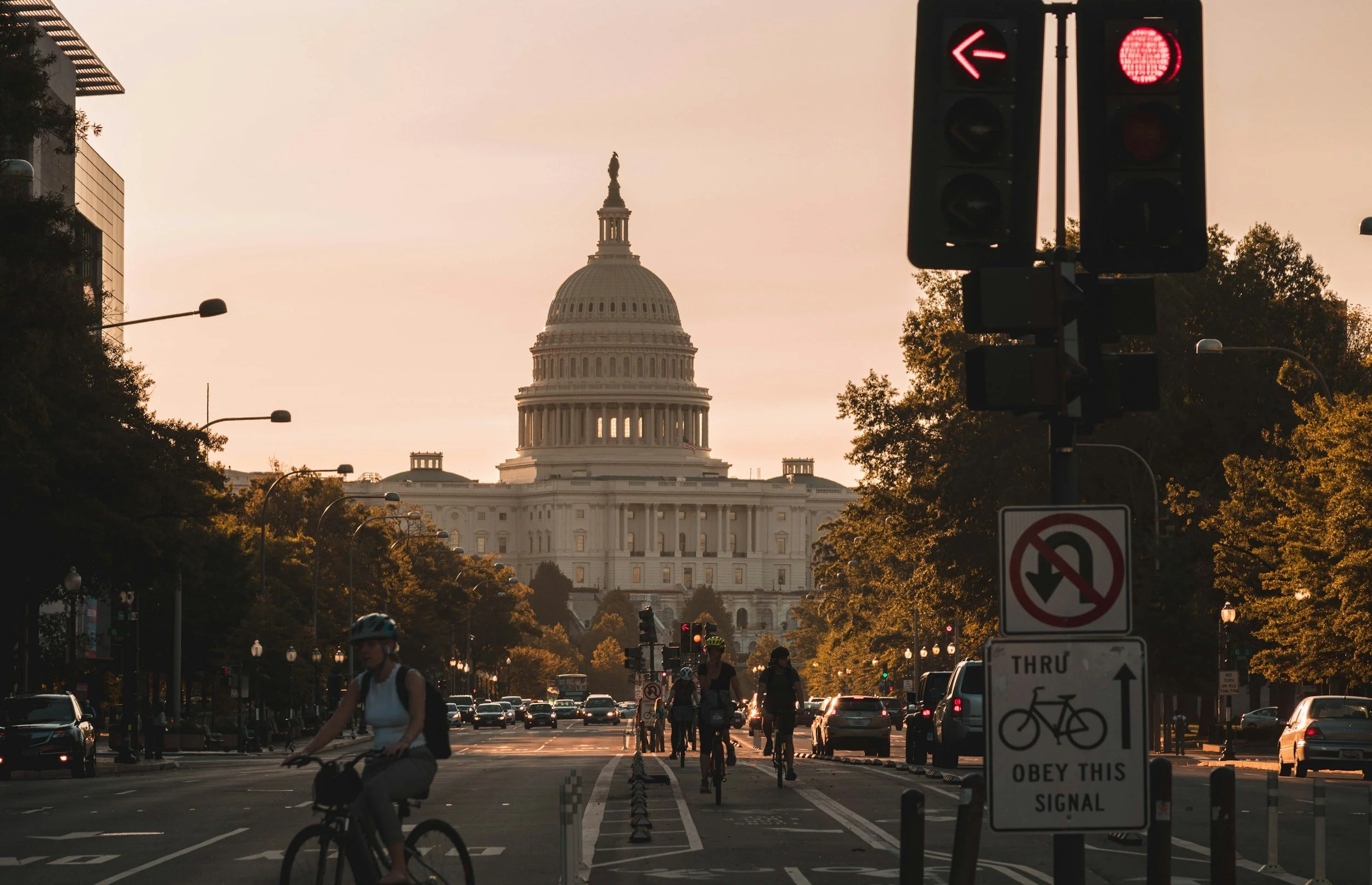Ticketmaster processes 70% of US ticket sales
Would you spend a thousand dollars to see your favorite live act? Okay, how about ten thousand dollars? Twenty? More than that? If you answered no to all of those amounts, then you may not be lucky enough to see Taylor Swift’s next tour, especially if you missed out on the pre-sale, and are finding tickets on the re-sale market. This massive inflation in price is due to the experience of buying the most in demand tickets. A mixture of bot-resellers and technical issues can mean that those who are meant to buy tickets (actual fans) can miss out to opportunists who are trying to flip a ticket for profit.
As reported by Bloomberg, “the two control more than 70% of the primary ticketing and live event venues market, according to consumer groups, and Skrmetti said he’s concerned a lack of competition has led to a poor experience and higher prices for consumers.” Continuing, “tickets for Swift’s show at MetLife Stadium in East Rutherford, New Jersey on May 26 are listed for as much as $21,600 each on ticket resale site StubHub. That price tag will get fans a spot on the floor in front of the stage. As for just getting into the stadium — that’ll cost at least $350 on Stubhub,” reports CNN.
When companies reach monopoly status, or having enough control over a market that a company can disregard customer complaints or poor user experience, it can become harmful to the customers of that company. In this instance, fans of Taylor Swift reported being dropped from wait lists for tickets, fees that were not made apparent until checkout, and overall dissatisfaction with the experience of buying tickets for the Eras Tour.
“Since Swift announced ‘The Eras Tour,’ there’s been a rush to land a ticket to one of her shows. Fans were asked to register on the Ticketmaster website for the chance to nab a presale code, and many received only a waitlist notification instead. Soon after the presale window opened, the Ticketmaster website crashed on Tuesday under what it said was ‘unprecedented demand.’ West Coast sales were delayed from 10 a.m. local time to 3 p.m. on Tuesday,” Bloomberg reports.
Competition forces companies to keep pace with the needs of the market. Bloated, complacent companies can afford to not invest in customer experience, yet overcharge for a dissatisfying experience. Once enough marketshare has been owned, or an exclusive on a resource has been claimed, price is set at the whims of the company, and not a market rate. Monopolies can undercut prices when needed to defend marketshare from upstarts, then over charge when competition is exhausted.
Instead of a mosaic of ticket processors that represent the different markets in the United States, Ticketmaster and Live Nation get to dictate the user experience and end price of buying tickets. Hidden fees can be tacked on at checkout, with little recourse, as the monopoly has the only source of tickets. Independent venues, independent ticket processors, and event planning platforms like Eventbrite are a solution to this problem. While of course, large companies have their benefits to customers, when it comes to a nationwide market, regional players can help make the process of buying tickets easier for those people in those regional markets.



